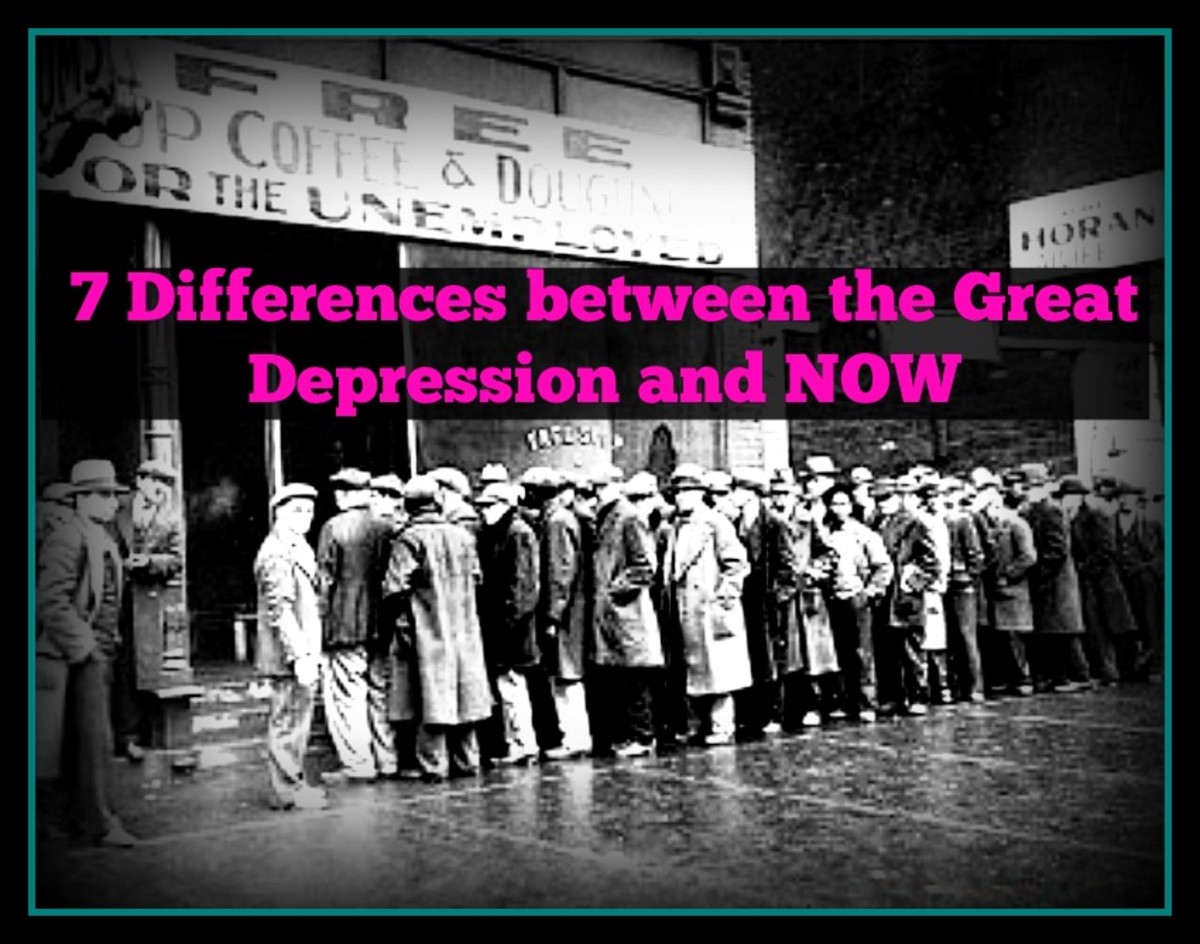The Differences between IC and IMC

200 Marketing Terms Explained
How does IMC and IC differ?
What are the differences between integrated communication (IC) and integrated marketing communication (IMC)? Are there any differences between IC and IMC or do these concepts refer to the same thing? Since I will be writing frequently about these concepts, I want to clarify them with this article as they are still being confused. If you are in the communications or marketing industries you should already be familiar with these concepts. As a scholar in marketing communications, this is a question that I frequently have to answer.
What is IMC?
IMC refers to the management of all product related communications with suppliers and consumers of the business. The aim is to create coordinated messages that will build lasting relationships with customers and suppliers to increase sales. Different media and technology platforms are used to create these relationships. Messages are sent to consumers to achieve “one look and feel” for products. Various marketing communication tools are used in a coordinated way to achieve this, for example advertising, sales promotion, sponsorship, direct marketing, the Internet, public relations, publicity, marketing public relations, to name but a few. Businesses compile an IMC strategy to ensure optimal use of these tools.
What is IC?
IC is not the same thing as IMC even though this is often confused with IMC. IC refers to unified communication with different stakeholders to improve the corporate image and reputation of the business. The aim of the communication is thus not to make a sale, but rather to enhance the corporate image and reputation of the business. A favourable corporate image will automatically lead to increased sales and to lasting relationships. IC is based on the overall strategy of the business with the stakeholders' needs and expectations as the main focus of the communication plan. Interactivity with stakeholders is important and data-driven feedback technologies are used to obtain information about stakeholders to personalize communication. IC is driven by the business’ strategy to achieve full integration of business content, tools and structures.
IMC is thus more product-oriented while IC is more image and reputation oriented. There are more differences between IMC and IC, but these are the main differences.
References
Christensen, L,T, Firat, A,F, & Torp, S. 2009. New tensions and challenges in integrated communications. Corporate Communications: An International Journal: 14(2):207-219.
Duncan, T. 2001. IMC. Using advertising and promotion to build brands. New York:McGraw Hill.
Holm, O. 2006. Communication processes in critical systems: dialogues concerning communications. Marketing Intelligence & Planning: 24(5):493-504.









